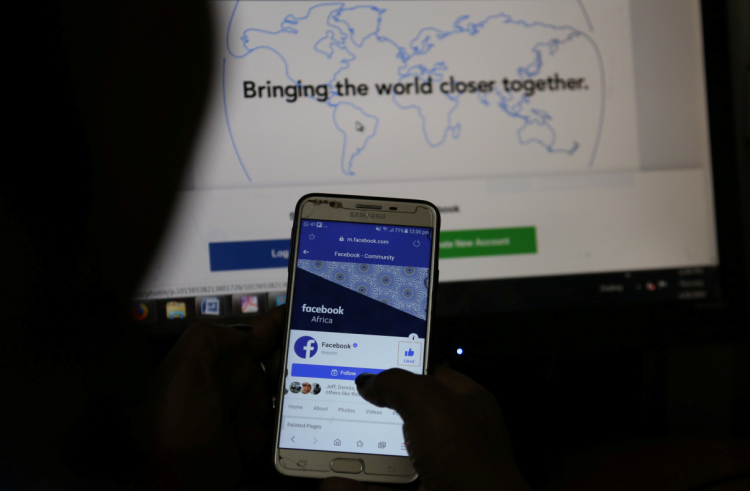In the near future, content streaming and downloading could be super-fast that lags or freezing in the middle of media consumption sessions will be a thing of the past. This is the ideal scenario that could follow in the wake of a new technological breakthrough by a group of Australian researchers, in which data speed achieved a breakneck 44.2 terabits per second (Tbps).
What is even more amazing is that the incredible speed bump can be delivered on existing fiber internet infrastructure, meaning there is no need to overhaul the recently laid out fiber cables that replaced the antiquated copper. Researchers said modern internet lines will only need to be equipped with new hardware they called micro-comb.
The Verge reported that micro-comb will serve as a replacement for the laser signals used to transmit data. One micro-comb chip installed on a fiber internet line will do the work of up to 80 laser signals, which should explain the data speed boost.
Researchers from Monash, Swinburne, and RMIT universities have collaborated for the new technology to be realized and the innovation was recently published in the open-access journal Nature Communications.
According to Bill Corcoran, lead co-author of the research and lecturer at Monash University, the group's finding excites because of the potential that the new technology can be inserted on an existing network. In Australia's case, the government-funded National Broadband Network (NBN) can absorb the speed boost with minor or zero disruption to the internet infrastructure already in place.
"We've developed something that is scalable to meet future needs," Corcoran was reported as saying.
To be realistic though, the research team admitted that downloading over a thousand of Full HD movies in a snap is not happening real soon. What was proven in the experiments and tests of the micro-comb technology is that further speed bumps that make use of fiber networks are possible.
At best, the research work showed that there will be a faster internet to come in the future but when exactly it can be delivered remains a big question mark. BBC said the new achievement points to numerous benefits for many industries such as medicine, transportation, finance, and education.
A near-perfect internet technology with fast and stable bandwidth will make for the full development of artificial intelligence and the eventual deployment of the Internet of Things. The practical applications will come in the form of self-driving cars, online diagnostics of illness, and better implementation of online learning.
However, the challenge that needs to be hurdled in the coming years is how to make micro-comb accessible for general use. It is imagined that the initial implementation of the technology will come through the inter-connection of data centers around the world, which likely will serve as a precursor to micro-comb's commercial deployment.






